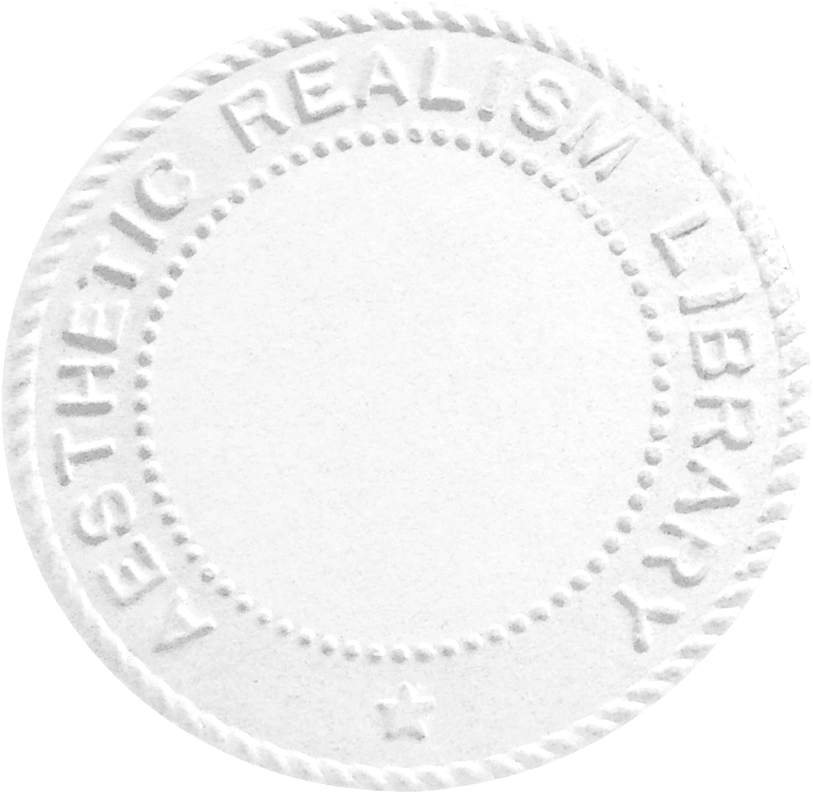Translations by Eli Siegel
The Idea of Beauty Is Adored in This World,
By Joachim du Bellay
If our life is less than a day
In the eternal; if the year now making its rounds
Banishes our days without any hope of their return;
If everything that is born will perish;
What are you thinking of, my imprisoned soul?
Why does the dimness of our day please you;
If, so that you can fly in a clearer place,
You have a well-fashioned wing on your back?
There, is the good all mind desires;
There, the repose that all the world longs for;
There, love is; there, pleasure, too.
There, O my soul, guided to the highest heaven!—
You will be able to recognize the Idea
Of beauty, which I adore in this world.
From Hail, American Development (Definition Press)
© 1968 by Eli Siegel



Eli Siegel’s note to the poem:
The Idea of Beauty Is Adored in This World, By Joachim du Bellay. 1967. More than one thing can be said about beauty or poetry which is true. In Verlaine’s Art Poétique, poetry (or beauty) is a possibility hovering about or trembling within many, many situations mind can come upon. Poetry trembles in a color of a Parisian morning at 7 A.M., or in a mist over a small French river in the provinces, or in what is beyond a luxurious curtain of a city evening. Poetry then is existence as significantly tremulous. And reality is undoubtedly in motion, is widening, thinning, rising, falling, lighting, darkening, clearer, less clear. But reality is what it is. In the sixteenth century, with the Pléiade, poetry or beauty was given essentially universal firmness, infinite, substantial foundation. In the present poem of Joachim du Bellay, the Verlaine notion of poetry is given a necessary supplement, earlier in time. Du Bellay does not dispute Verlaine, he says more can be said than the tidings of French symbolism. Du Bellay saw beauty as that which was, if nothing else was. Verlaine saw it because everything else was, and beauty mischievously, delicately, subtly, mysteriously, coyly was about, waiting for poetic apprehension musically to give it surprising, undoubted but suggestive, being. This sonnet, then, is the Renaissance or Platonic questioning prelude to Verlaine’s sliding deification of the vague. The aesthetic deity of Du Bellay first exists in untroubled abstraction, undisturbed universality. Later he may go about, chat with, become friendly with that grand thing—likely God—which Verlaine calls l’Indécis. Verlaine does speak of where the Wavering and the Precise join. And it isn’t only in a chanson grise. Where the Wavering and the Precise join is where Verlaine and du Bellay will see that beauty, poetry, reality were thought of well by both.